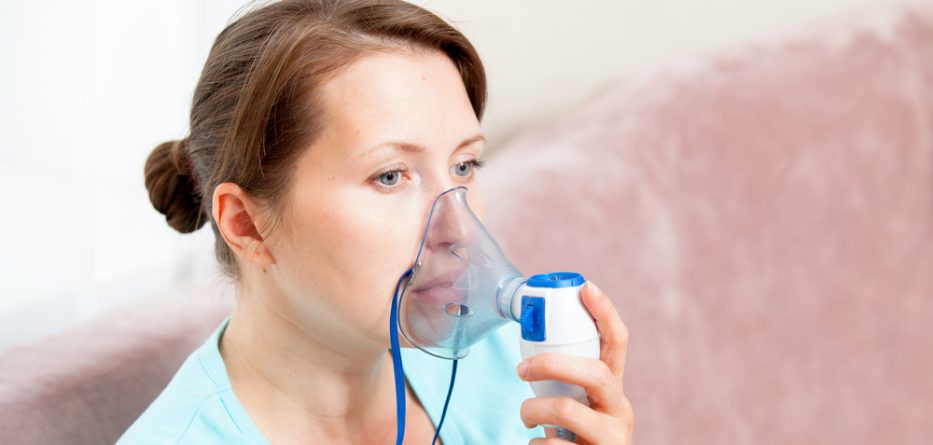Lung scarring caused by pulmonary fibrosis is neither reversible nor is there a treatment that has been proved effective in stopping the progression of the disease. However, there are treatments that can improve symptoms temporarily or even slow the disease’s progression. Many treatments are also focused on improving the patient’s quality of life.
Doctors will determine what treatment option is the best for you.
Medications
Medications such as pirfenidone (Esbriet) and () can work to help slow the progression of idiopathic pulmonary fibrosis (IPF). Side effects of pirfenidone include nausea, diarrhea, and rash. Side effects of include nausea and diarrhea.
There is continual research put into finding more medications that can help with pulmonary fibrosis.
Oxygen Therapy
While oxygen therapy doesn’t stop lung damage, it does help make breathing easier. Oxygen therapy also helps make exercising easier. Some other benefits of oxygen therapy are the prevention or lowering of the complications caused by low blood oxygen levels. Oxygen therapy can also reduce blood pressure in the right side of your heart and it can work to improve a patient’s sleep and sense of well-being.
A patient can receive oxygen via a tank when sleeping or when exercising. Other patients may need to go on oxygen therapy at all times. In those cases, most patients would be given a mobile canister of oxygen.
Pulmonary Rehabilitation
Pulmonary rehabilitation helps patients to manage their symptoms and thus improve their daily lives. Most programs of pulmonary rehabilitation focus on physical exercise for improving a patient’s endurance; breathing techniques that can help improve lung efficiency; nutritional counseling; regular counseling and support; and education about the patient’s condition.
Lung Transplant
Some patients with pulmonary fibrosis may be eligible for a lung transplant. A lung transplant can improve a patient’s quality of life and extend their life. However, lung transplants are not for everyone and come with their own set of risks.
Featured image: Alexander_Safonov via DepositPhotos
Posted on March 24, 2023



